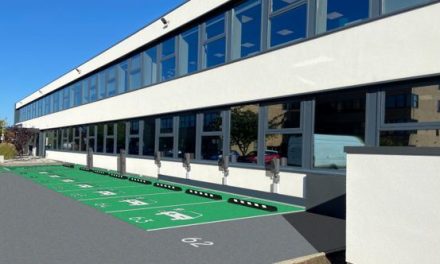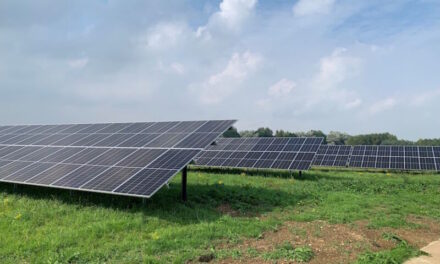Winter has arrived in the UK, and at this time of year, people are more conscious than ever of their energy expenses. Heating a home can be a costly affair, but there are several changes you can make, both big and small, to save you money on your bills this winter.
With the climate crisis currently on everyone’s minds, making the switch to an electric or renewable heating system seems a beneficial choice. While this would certainly cut costs in the long run, there are also less drastic measures that you can take to ensure you aren’t wasting money unnecessarily.
Keith Bastian, CEO of renewable home heating provider Fischer Future Heat, shares his suggestions for saving money on your heating bills this winter.
Insulate your home
Ensuring your home is well-insulated is vital to keep your energy costs down. The more your house is insulated, the better it will retain heat, meaning you won’t need your central heating on for as long throughout the day.
Small fixes can have huge impacts too – for example, fitting your hot water cylinder with an insulating jacket could save you £18 per year on your heating bill, and 110kg of carbon dioxide emissions. Professionally insulating your home will significantly reduce your home’s heat loss, so if you can foot the initial outlay charge, you’ll save more on your heating bill in the long run.
Alternatively, draught-proofing your home is an incredibly cost-effective way of reducing heat loss. Soft furnishings can help prevent heat loss, too. Consider investing in a draught excluder, having more cushions and throws, or even just keeping your curtains closed – all of these actions will result in a warmer home with less heat being lost.
Assess your thermostat use
The debate of whether it is more cost-efficient to heat your home consistently all day or to have the heating on at particular times of day is age-old. The answer, as it turns out, depends on your home’s insulation situation.
If your home is well insulated (which is recommended for saving money on your energy expenses), then you should consider leaving your heating on, at a consistent temperature, all day. For your situation, this will be a more cost-effective move – since your home loses little heat on account of its insulation, temperature can be maintained relatively easily.
In fact, since your home will hold heat effectively, you could turn your thermostat down by a few degrees, saving you even more money. If your home is not well insulated, then you should consider getting it well insulated by using the tips above. And electric radiators are an easy and efficient way to control and monitor the temperature of each room.
Avoid general bad practice
Although it may seem obvious, there are small habits you may have that could be adding an unnecessary cost to your heating bill. Be mindful of anything you do that could contribute to damp or mould in your home, as this can add cost to both your energy expense and to home repairs.
Try not to take hot showers late at night, as this will cause excessive condensation that could easily be avoided. This condensation could cause problems with damp in your home, which could prove costly later down the line.
Solutions to issues with damp include keeping spaces well heated and ventilated. But, if you leave windows open while you have the heating on in your house, you’ll be wasting a significant amount of money and energy. Breaking small habits like these will help to save you money in the longer term.
Don’t heat your home excessively
Make sure you are turning radiators down or off in rooms that aren’t being used. This is possible with thermostatic radiators hooked up to gas central heating systems, but is made infinitely easier and more convenient if you have electric radiators.
With smart home technology on the rise, most electric radiators can now be controlled on a room-by-room basis via either a wireless thermostat or a smartphone app. This means that controlling your energy use is easier than ever before.
Heating your entire home if you are only using one or two rooms would waste a significant amount of money that could easily be shaved off your energy bill. Being more mindful of which rooms you need to be heated will reduce your bills, and in turn, your carbon footprint.
Switch to an electric or renewable heating system
Although it may seem like a drastic option, switching to an electric or renewable heating system will save you money in the long run. As touched on above, electric radiators provide you with greater control over your home heating. They also run at 100% efficiency, meaning that no money is wasted on lost energy.
As with any major home change, there are some up-front costs. They are, however, outweighed by the money you will save in the future. Electric systems are far less likely to require servicing than gas boilers, which require professional maintenance annually. And since electric radiators cut out the need for a boiler, you can avoid these extra and unnecessary costs.
By taking on board any of the tips outlined above, you will be saving yourself money on heating costs, all while reducing your carbon footprint at the same time – a win-win, without a doubt.
For more information on electric radiators and heating systems, plus more ways to reduce your energy expenses, please visit: https://www.fischerfutureheat.com/.




